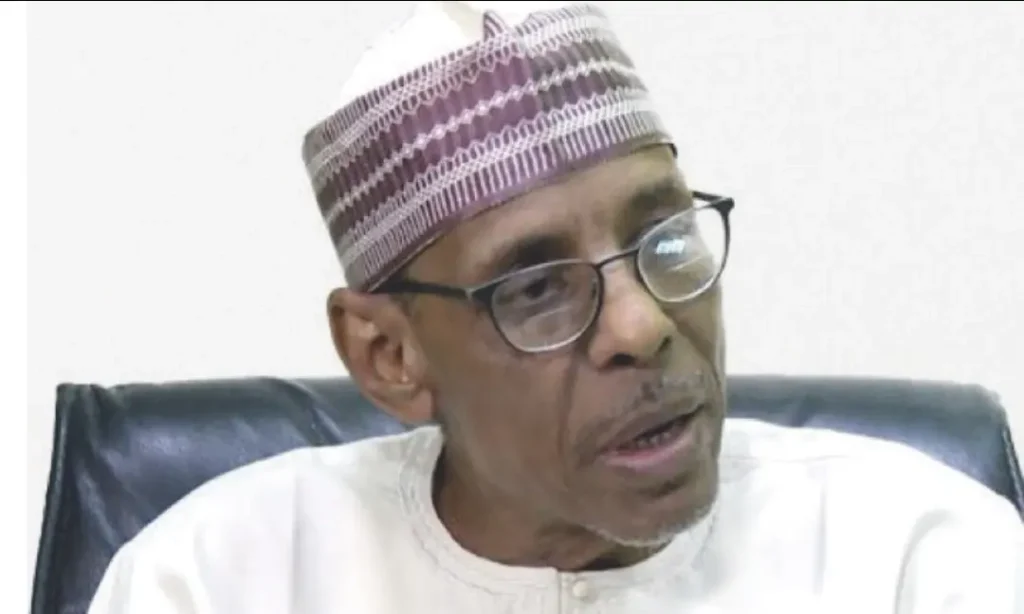Nigeria’s domestic debt service reached a total of ₦1.707 trillion in the second quarter of 2025, according to the Debt Management Office (DMO). The latest figures, released on the DMO’s official website, show that the country spent ₦1.686 trillion on interest payments and ₦20.14 billion on principal repayments between April and June.
The domestic debt service peaked in April 2025 at ₦805.31 billion, then dropped to ₦423.10 billion in May, and slightly rose to ₦478.67 billion in June. A breakdown of the figures reveals that Federal Government of Nigeria (FGN) Bonds and Nigerian Treasury Bills (NTBs) accounted for the bulk of the debt service payments, indicating the government’s continued reliance on domestic borrowing to finance budgetary deficits.
The DMO reported that Nigeria’s total domestic debt stock has risen to ₦76.59 trillion as of mid-2025. This increase is largely attributed to the government’s dependence on domestic borrowing to fund its activities. The debt service payments were primarily driven by interest payments on FGN Bonds and NTBs, which totaled ₦1.074 trillion and ₦537.9 billion, respectively, during the quarter.
Other components of the domestic debt service include payments on FGN Savings Bond, FGN Sukuk, Green Bonds, and Promissory Notes. The government paid ₦3.19 billion on FGN Savings Bond, ₦70.72 billion on FGN Sukuk, and ₦1.08 billion on Green Bonds. Additionally, ₦20.14 billion was paid as principal repayment on Naira-denominated Promissory Notes.
The significant increase in domestic debt service highlights the need for the Nigerian government to explore alternative financing options and implement strategies to reduce its reliance on domestic borrowing. As the country’s debt stock continues to rise, it is essential for the government to prioritize debt management and ensure that its borrowing is sustainable and aligned with its economic development goals. The latest figures from the DMO serve as a reminder of the importance of effective debt management in maintaining economic stability and promoting sustainable growth.



